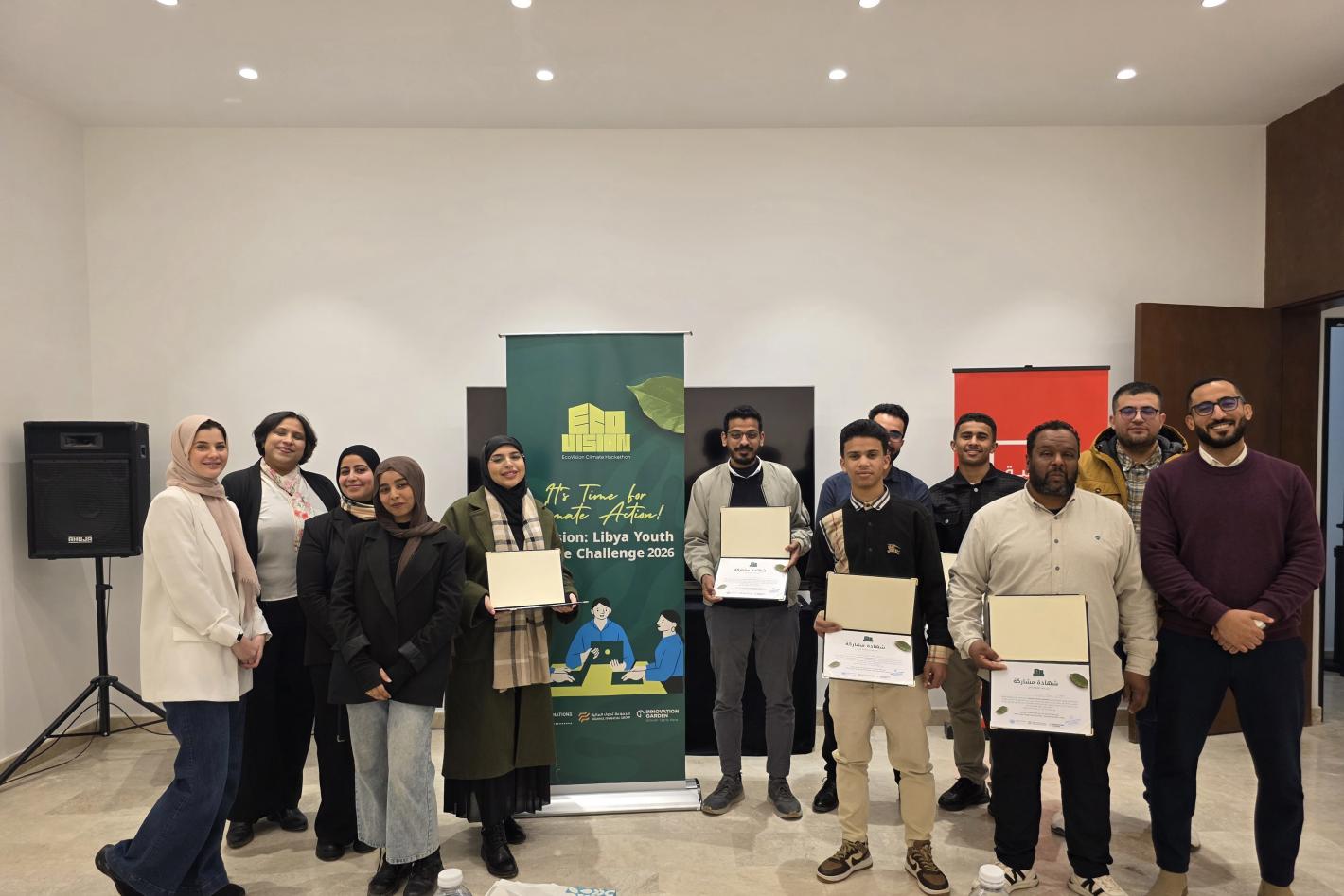Tripoli, 12 December 2012 - A conference on truth-seeking and reconciliation in Libya opened in Tripoli today, bringing together Libyan officials and activists as well as experts from both Libya and abroad.
The two-day conference, "Truth and Reconciliation in Libya: the Way Forward", was organized by the Fact-Finding and Reconciliation Commission and the Human Rights Committee of the General National Congress, in partnership with the United Nations Support Mission in Libya (UNSMIL) and the UN Development Programme (UNDP).
The participants are discussing the relevance and challenges of truth-seeking, the role of victim groups as well as the legal and institutional framework required for truth-seeking. The conference is also looking at the role of the Fact-Finding and Reconciliation Commission and that of tribal leaders in reconciliation.
Libyan Justice Minister Salah Marghani, Deputy Head of the Fact-Finding and Reconciliation Commission Hussein Yaseer, GNC member Amina Al-Megheirbi, and Libyan activists as well as experts from countries such as South Africa, Peru and Tunisia attended the opening session.
Special Representative of the Secretary-General for Libya Tarek Mitri noted in his address the increased interest of the new authorities in national reconciliation and the civil society's eagerness for launching the process without delay.
"Reconciliation is necessary for establishing security and launching human development," Mr. Mitri said. "This process, if managed well and without haste or partisanship, can set the broad lines of a new social contract, which is the cornerstone of the new constitution."
He stressed that seeking the truth and justice and moving down the path of reconciliation is not a call for amnesty for past crimes and does not morally equate between the aggressor and the victim, but rather it is a call to combat the tendency towards revenge and collective punishment.
The Special Representative said Libyans can benefit from experiences of other countries which went through similar circumstances, and encouraged dialogue and broadening of its scope to various sectors of society.
Mr. Mitri said the United Nations will continue to offer assistance at the Libyans' request. "Continuously reminding of the importance of reconciliation and contributing to providing favourable conditions for it are at the heart of our duties as a United Nations mission tasked with providing support for Libya in its democratic transition," he said.





